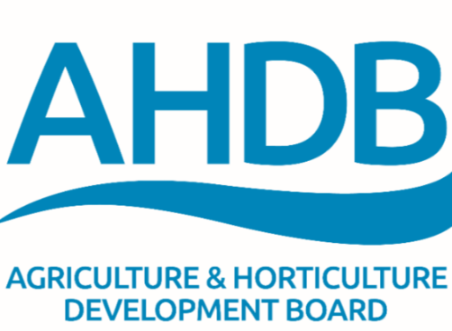Halal Lamb Claims Third of UK Market Share
Halal meat now accounts for 30% of lamb sales in the UK, according to new research from the Agriculture and Horticulture Development Board (AHDB).
The findings shed light on how the consumption habits of halal meat consumers have evolved since the Covid pandemic and the cost-of-living crisis, providing valuable insights for farmers and the wider meat industry.
The AHDB report delves into the behaviours and preferences of halal meat consumers, helping businesses in the sector better understand what drives their purchasing decisions. It also highlights the significance of Islamic festivals and offers key opportunities for the halal meat sector to meet the growing demand for specific products.
While Muslims represent around 6.5% of the UK population, they are a crucial consumer base for lamb, contributing to a notable portion of the market. Despite a steady decline in lamb consumption over the last two decades, mainly due to the higher price of lamb compared to other meats such as chicken, lamb continues to be a key protein source for the Muslim community. In fact, 80% of halal consumers eat lamb weekly, and 64% consume mutton weekly—figures that far exceed the 6% of the general UK population who include lamb in their diets.
The research also reveals that Muslims spent £823 million on halal meat alone in 2023, a substantial sum that highlights the growing market for halal products. In comparison, in 2016, UK Muslims were estimated to have spent £4.64 billion on halal food and beverages, reflecting a significant shift in spending patterns and consumption habits in recent years.
The findings indicate that farmers and producers could benefit from gaining a deeper understanding of the halal market and its unique requirements. By tailoring offerings to suit the preferences of halal consumers, the industry has the potential to tap into a lucrative and loyal consumer base, ensuring long-term growth for the sector.
As demand for halal products continues to rise, the AHDB’s report offers a timely opportunity for the industry to better meet the needs of Muslim consumers, ensuring that they continue to enjoy high-quality halal lamb and mutton products while supporting the growth of this important market.
Source: AHDB
